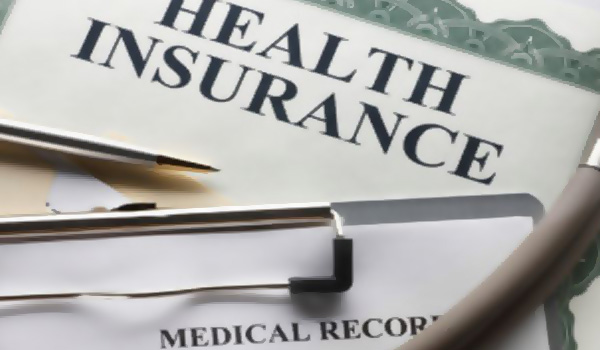
The absolute first thing that anyone should do when they receive a dire diagnosis is to consult with their physician and specialists to come up with a treatment plan and begin treatment immediately. In the USA, everyone is entitled to treatment, regardless of whether they have no insurance. While patients will always be entitled to receive treatment, they are also likely to be liable for the cost.
The absolute first thing that anyone should do when they receive a dire diagnosis is to consult with their physician and specialists to come up with a treatment plan and begin treatment immediately. In the USA, everyone is entitled to treatment, regardless of whether they have no insurance. While patients will always be entitled to receive treatment, they are also likely to be liable for the cost.
You Have a Right to Treatment, Regardless of Insurance Status
Physicians take a Hippocratic oath, which requires them to provide medical treatment to the sick. When a patient is uninsured, physicians understand that they are providing a public service, and usually understand and expect that their hospital or medical practice will not be paid, though the patient with no insurance will almost certainly receive a bill in hopes that they will pay it. Unfortunately, medical debt is accrued this way and frequently leads to bankruptcy.
In many cases, when a person with no insurance is admitted to a private hospital for treatment, it is only until they are stabilized and can be transferred, at which point they are typically moved to a public or county hospital. These types of hospitals are frequently associated with a university medical school. This happens especially in cases where private hospitals cannot absorb the cost of extremely expensive procedures (such as bone marrow transplants), which can run into the hundreds of thousands of dollars.
Many Options Such as Medicare and Medicaid Exist to Help Those With No Insurance
Other options for many uninsured people who find themselves receiving unfortunate medical diagnoses are social programs like Medicare or Medicaid. Typically, social workers in hospitals will work with patients to apply for these programs if they qualify. In some states, even though it takes several months to be approved, patients can bill these programs retroactively for a period of time prior to their approval. Ideally, this would include the time of diagnosis and the beginning of treatment, but it may not.
It is important to note that there has traditionally been what’s called a medical insurance gap, meaning that there is a certain pool of people who make too much money to qualify for Medicare/Medicaid, but not enough to realistically afford health insurance. They would risk getting sick without health coverage out of necessity. This was a major problem that the Affordable Care Act (ACA) was meant to rectify. While the ACA did make cheaper health policies available, many other policies saw increases in premiums, and many people still opt not to pay for health insurance, even though a tax is now assessed to them for taking this medical risk, because if they get sick and need treatment, it becomes the financial burden of the American tax payers.
Dire health diagnoses like cancer can wipe out financial resources of even the upper middle class in relatively short order. It is imperative to find a way to work health insurance into your budget for this reason, as cancer is a mostly random occurrence that most people never expect. For help finding and selecting a health insurance plan that works for you, consult with an agent today.
Get Covered Today

